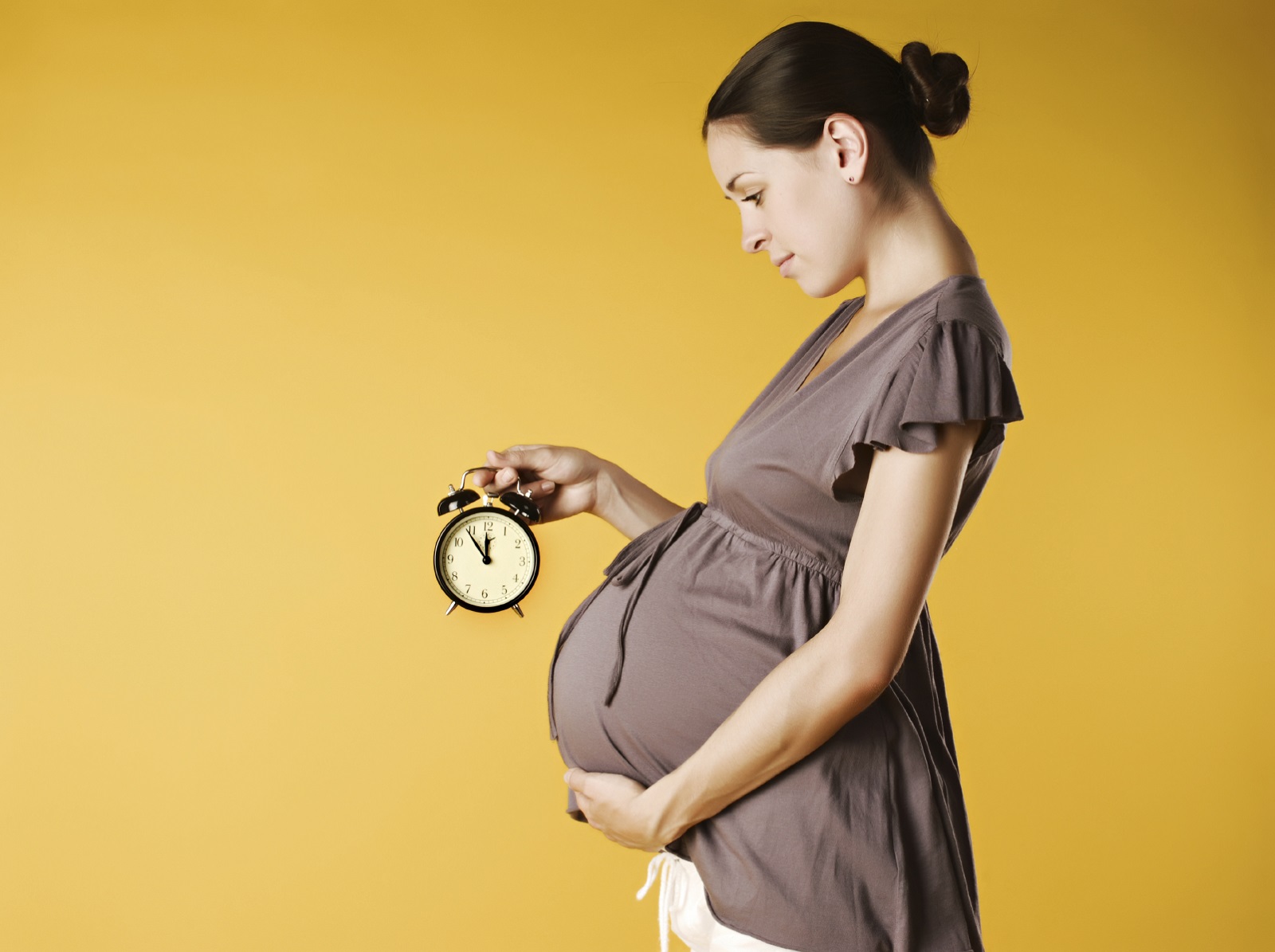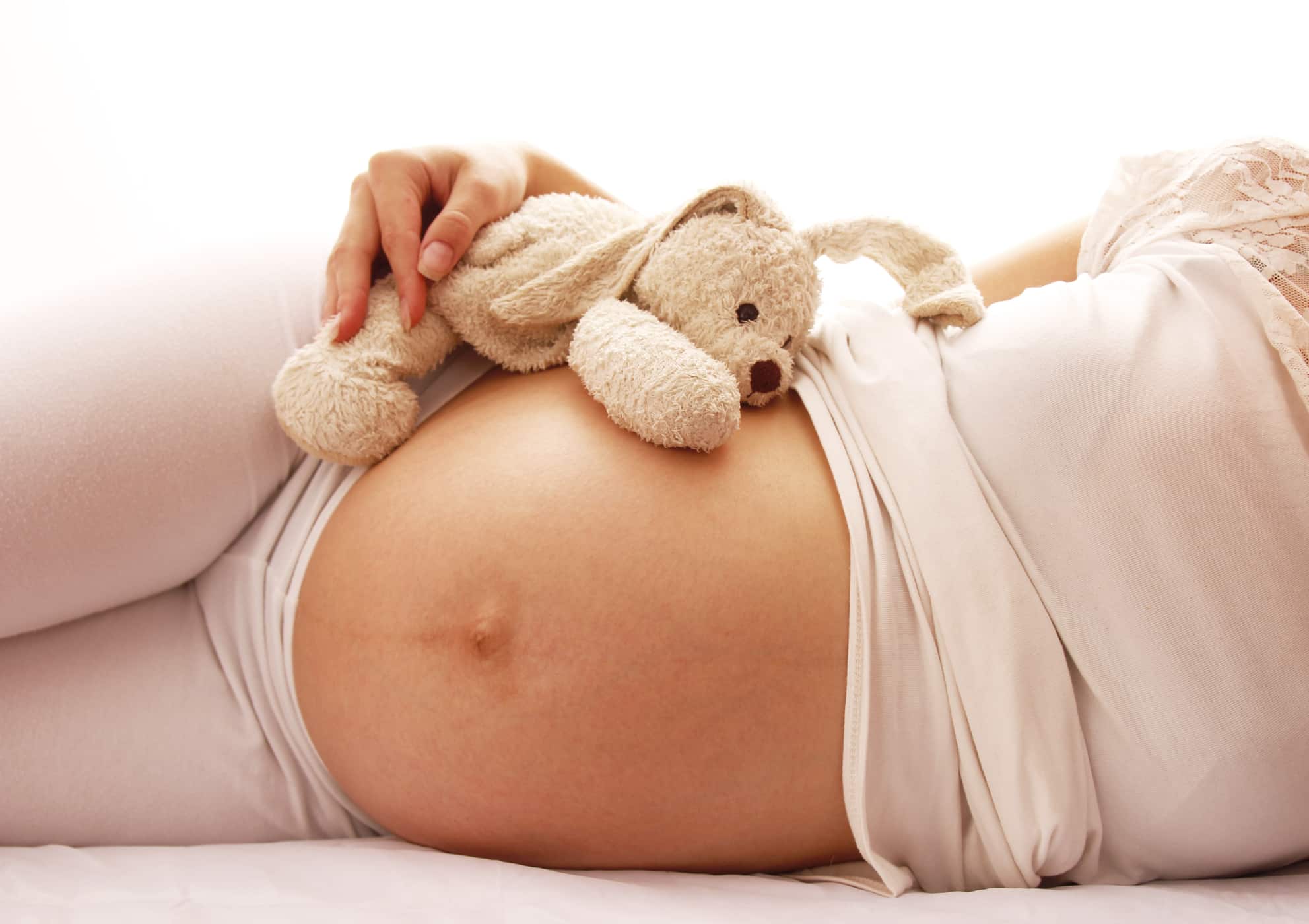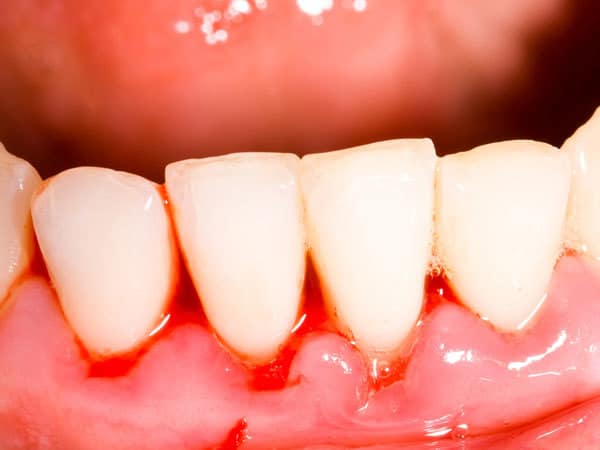Contents:
- Medical Video: Nutritional behavioral support for people with down syndrome
- What is Down syndrome?
- Various factors can increase a woman's risk of having Down syndrome babies
- 1. Age of mother during pregnancy
- 2. Genetically derived parents
- 3. Have given birth to a Down syndrome baby before
- 4. Lack of folic acid
- 5. Environmental factors
Medical Video: Nutritional behavioral support for people with down syndrome
Every parent wants their child to be born into a world of good health. However, there are many unexpected factors that can cause babies to be born disabled. Down syndrome is one of the most common genetic chromosomal abnormalities. Quote fromCompass, the incidence of Down syndrome, or Down's syndrome, in Indonesia reached more than 300,000 children by the end of 2010. What causes mothers to conceive Down syndrome babies?
What is Down syndrome?
Our bodies are made from cells that contain genes. Genes are grouped in thread-like structures called chromosomes. There are usually 46 chromosomes in each cell, 23 inherited from the mother and 23 inherited from the father.
Down syndrome (DS) is a genetic disorder that occurs when a baby has an additional chromosome 21, which is formed during the development of the mother's egg cell, sperm cells from the father, or during the embryo (the embryo of the baby). As a result, babies have 47 chromosomes in each cell, not 46 pairs.
This condition causes learning disorders in children and certain physical abnormalities - such as flat facial features, small heads, short necks, to weight and height that are lower than average.
Although researchers have known how Down syndrome can occur, they still don't know much about why this condition can occur. However, certain things can increase the risk of a pregnant woman containing a Down syndrome baby. Anything?
Various factors can increase a woman's risk of having Down syndrome babies
1. Age of mother during pregnancy
The age of a woman during pregnancy plays a major role in the health and safety of the fetus in the womb. Down syndrome can occur at any age when you are pregnant, but the chances are greater in pregnancy at the age of 35 years and over.
Pregnant at the age of 30 years has a 1 to 800 chance to conceive a Down syndrome baby. Women who are 35 years old during pregnancy have a chance of 1 to 350. The risk increases sharply to 1:10 in women who are pregnant at 49 years of age. Even so, now many Down syndrome children are born to women under the age of 35 because of an increase in birth rates at a young age.
Researchers found that the female uterus nearing the age of menopause, the body's ability to select embryo defects has decreased. UOlder eggs are also believed to have a higher risk of improper division of chromosomes.
2. Genetically derived parents
Reporting fromMayo Clinic, about 4% of cases of Down syndrome are the result of genetic inheritance from one of the parents. Both men and women can be carriers of Down syndrome in their genes. Genetic carriers are referred to as the carrier.
A carrier (the carrier) can show no signs or symptoms of DS, but it can reduce the process of abnormalities to the fetus, causing additional chromosome 21. The risk of lowering Down syndrome will depend on the sex of the parent carrying chromosome 21 which has been rearranged:
- If father is a carrier agent (the carrier), DS risk is around 3%
- If the mother is a carrier agent (the carrier), the risk of DS ranges from 10-15%
Therefore, you should do genetic screening before planning a pregnancy.
3. Have given birth to a Down syndrome baby before
Women who have previously had Down syndrome babies are at risk of having a subsequent baby who also has DS. However, the opportunities are low. Generally, the presence of Down syndrome in subsequent pregnancies is only around 1 percent.
According to the research of Markus Neuhäuser and Sven Krackow of the Institute of Medical Informatics, Biometry and Epidemiology at the University Hospital Essen, Germany, the risk of babies born with Down syndrome also depends on how far the age between the previous child and the baby is. The farther the distance between pregnancies, the higher your risk of containing Down syndrome babies.
4. Lack of folic acid
Some experts argue that Down syndrome can be triggered by the work of the body's metabolism which is not optimal to break down folic acid.Decreasing folic acid metabolism can affect epigenetic regulation to form chromosomes.
To prevent this, every woman who will plan to become pregnant should properly meet the needs of folic acid before pregnancy. In fact, aSupan folic acid needs to be fulfilled from adolescence, not just during pregnancy.
Folic acid has a very important role in the development of the baby's brain and spinal cord. Even when you don't know that you are pregnant, your baby's brain and spinal cord have begun to form. With enough folic acid in your blood at that time, you have helped to form the baby's brain and spinal cord optimally.
5. Environmental factors
The most common risk factors and often cause babies born with Down syndrome are exposure to chemicals and foreign substances that mothers receive from their daily environment during pregnancy.
Cigarettes are toxic substances that can affect the formation of baby chromosomes since in the womb. Mothers who smoke have chromosome chains that are shorter than normal. Besides increasing the risk of containing Down syndrome babies, smoking during pregnancy can also cause babies to be born with heart and brain disorders.













